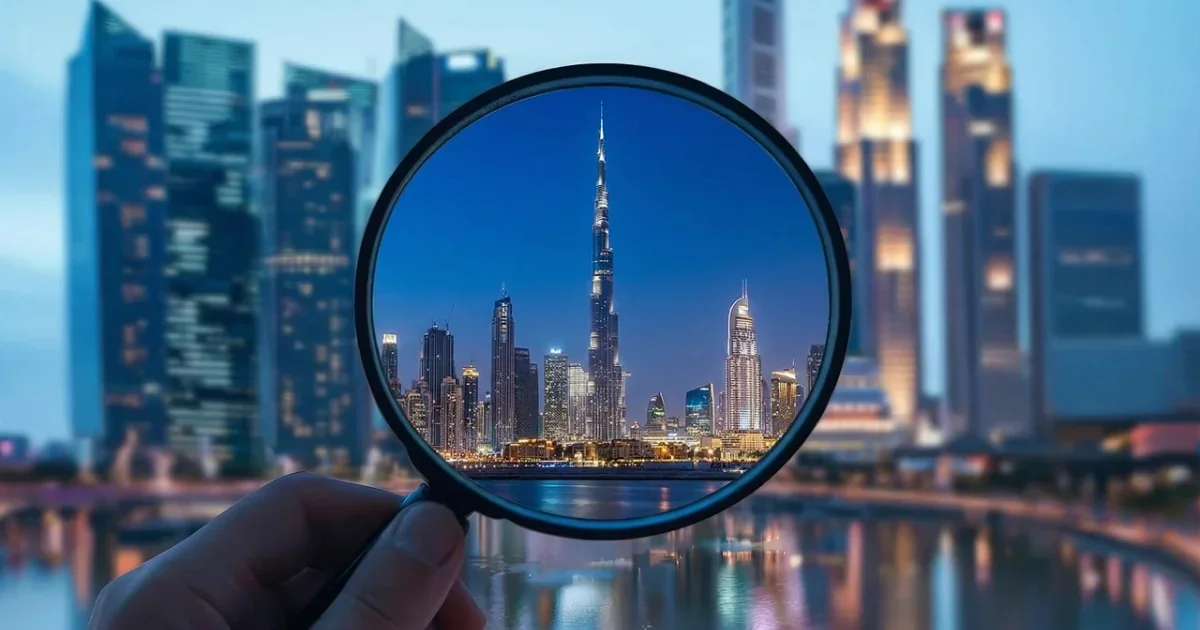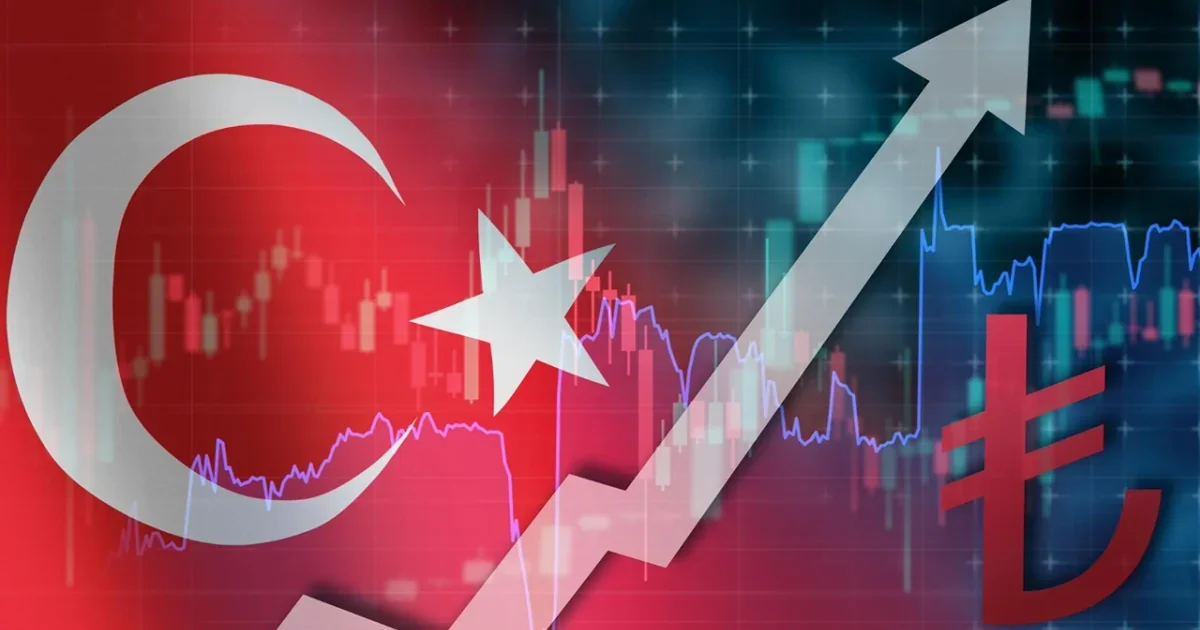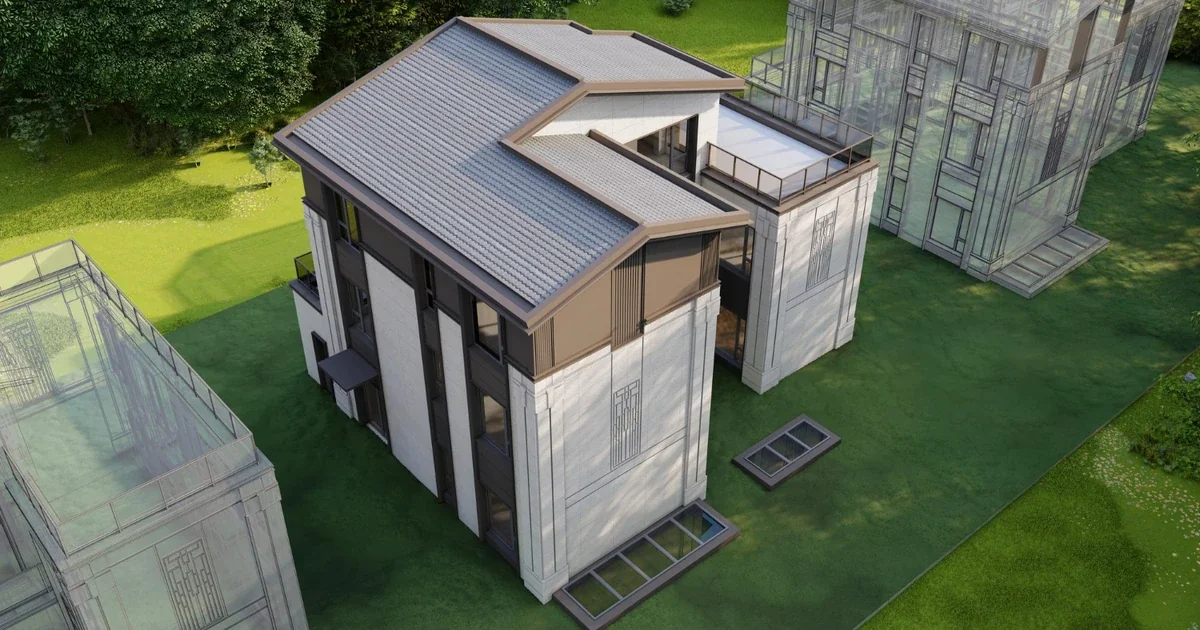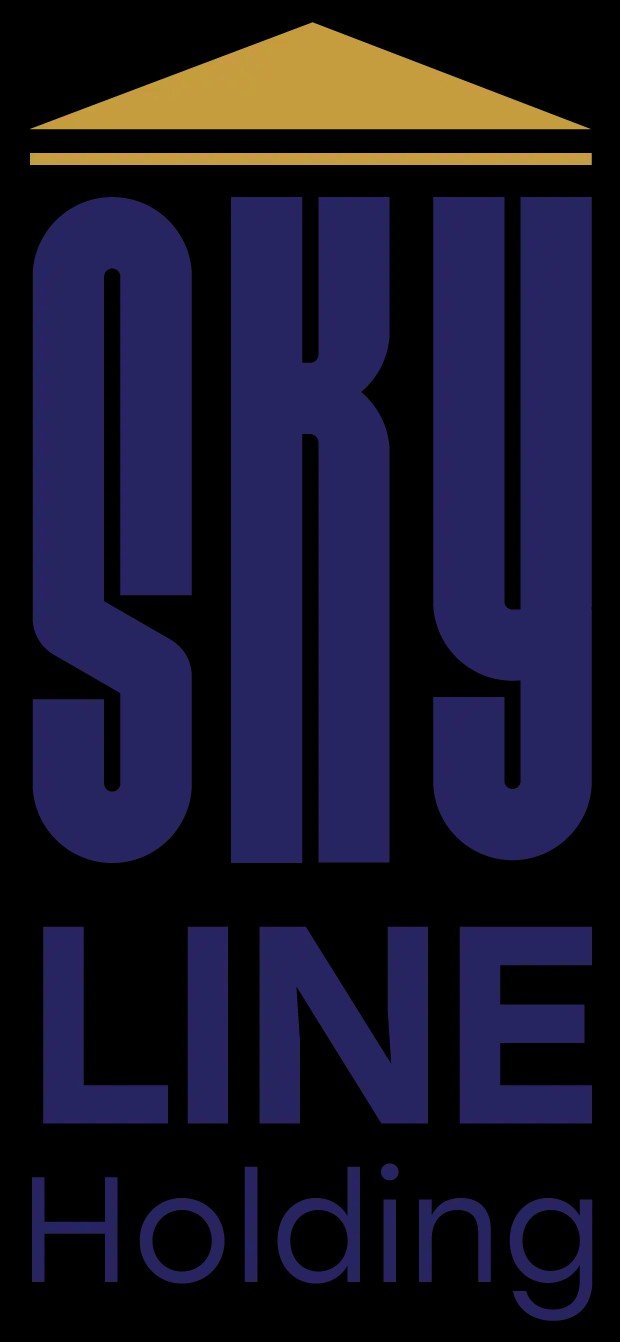Why Is the UAE Real Estate Market Seeing Continuous Growth? An Investment Opportunity Analysis
June 23, 2025
The UAE economy is witnessing remarkable growth, leading to increased demand for real estate. The UAE’s real GDP grew by 3.8% during the first nine months of 2024, with non-oil activity expanding by 4.5%, indicating the strength of non-oil markets. The country continues to attract capital thanks to its financial stability and policy flexibility; there has been a significant rise in the number of institutional investors viewing the UAE (and the Gulf region more broadly) as a new destination for deploying their capital. This is attributable to the efficiency of the tax system and economic stability, which has prompted family businesses and sovereign wealth funds to inject substantial investments into the UAE real estate sector. As a result, the market enjoys high liquidity and international appeal, despite global pressures such as liquidity constraints and rising interest rates, positioning it for sustainable growth compared to other markets.
Impact of Urban Development and Major Projects
The UAE’s large-scale urban development projects contribute significantly to the growth of the real estate market. In Dubai, developers have launched luxury residential developments and new waterfront and downtown infrastructure projects. Iconic architectural landmarks such as Palm Jumeirah, Dubai Hills, and the One Business Bay district have attracted both local and international investors. In Abu Dhabi, plans have focused on developing key areas such as Yas Island, Al Reem Island, and the city centre, with measures to facilitate foreign ownership.
The other emirates have also experienced notable urban expansion: Sharjah has developed integrated residential projects at competitive prices; Ras Al Khaimah has embarked on new tourism and real estate ventures to become an emerging destination; and Ajman has maintained a strong pace in new real estate transactions. These efforts are underpinned by advanced infrastructure and updated investment legislation, and experts forecast that the introduction of innovative architectural icons and modern transport networks will provide a consistently growing environment in the coming years.
Supply and Demand in the UAE Real Estate Market
The UAE property market is currently experiencing demand that exceeds supply in many segments. Real estate transactions reached a record value of over AED 893 billion in 2024 across the four emirates—Abu Dhabi, Dubai, Sharjah, and Ajman—with Dubai alone recording 180,900 deals worth AED 522.1 billion during 2024. Data from the Dubai Land Department show that sales value in the first 11 months of 2024 amounted to AED 437 billion, marking an annual growth of around 33%. These transactions have led to a noticeable increase in prices: villa prices in Dubai rose by 15–18%, particularly in Palm Jumeirah, Dubai Hills, and One Business Bay, while prime apartment prices increased by 8–12%. Despite an accelerated delivery of new units—with estimates indicating an 80% increase in completed units by 2025 compared to 2024—demand remains strong, driven by population growth and high income levels. Rental yields for residential properties in Dubai have also seen a marked rise of 8–10%, boosting interest among both investors and end-users. Overall, these indicators reflect a balance between supply and demand: the growing need for luxury and mid-range housing is being met by new projects and planning facilitation to ensure market needs are satisfied.
Financing Facilities and Investor Incentives
The UAE offers a wide range of facilities and incentives that support real estate investment. Personal income in the country is exempt from taxes, including investment gains and rental income, meaning that investors pay no taxes on their real estate income or capital gains from property sales, enhancing the attractiveness of the UAE market. The banking system also provides attractive mortgage financing with high loan-to-value ratios (up to 70–80% of the property value) and flexible repayment terms, along with appealing financing offers from developers.
Among the most important incentives is the issuance of the “Golden Residence” for real estate investors, granting long-term residency in the UAE to purchasers of properties meeting a certain value threshold. This allows them to benefit from the tax-exempt regime and secure their wealth through inheritance away from external tax burdens. Experts have confirmed that the efficiency of the UAE’s tax system and its financial stability are key reasons why wealthy families and investment funds have increased their investments in the country. Consequently, investors agree that the stable financing environment and streamlined ownership regulations support their enthusiasm for the UAE real estate market and make investment here more attractive than in many global markets.
Read also: Investing in Ready vs. Off-Plan Properties in Dubai
The Most Attractive Geographic Areas for Investment
The attractiveness of UAE regions for investment varies:
Dubai leads the scene with its global projects and diverse property districts. Major developments such as Palm Jumeirah, the Waterfront, and Downtown (Burj Khalifa and the Downtown District) continue to record the highest prices and annual growth. Abu Dhabi offers opportunities for investors seeking luxury and sustainability, particularly in Yas Island, Al Reem Island, and the city centre, where rental yields are high and foreign ownership is facilitated. In Sharjah, steady growth is driven by mid-range housing projects and family-oriented residential complexes at competitive prices. Ras Al Khaimah is emerging as a destination thanks to new projects that combine tourism and housing (such as the Jebel Jais and tourism ventures). Ajman has maintained strong transaction momentum, especially for those seeking more affordable properties and high rental yields. Generally, areas close to infrastructure and services (airports, stadiums, ports) see strong demand, offering investors diverse options to suit their financial and investment goals.
Challenges and Risks
Despite the positive indicators, the UAE real estate market is not without risks. Global interest rate hikes could increase local borrowing costs, putting pressure on the purchasing power of some buyer segments. An oversupply in the luxury sector could lead to a relative slowdown in price growth if not matched by sufficient demand. Market strength also depends on global economic stability, oil prices, and economic growth levels; international slowdowns or regional crises could negatively affect investor confidence. However, analysts believe that the UAE’s financial stability and diversified economy mitigate these risks to some extent. As a result, investors are advised to exercise caution and adopt well-considered strategies that take these factors into account, focusing on submarkets and locations with strong demand.
Read also:
- 10 Golden Tips for New Real Estate Investors in 2025
- How Smart Cities Will Transform Saudi Real Estate by 2030
In conclusion, the UAE real estate market continues to expand, driven by a thriving economy, major projects, and a package of government incentives. This market offers promising investment opportunities for both local and foreign investors, especially given the expected growth in prices and rental yields in the coming years. To support your investment in this booming market, we invite you to follow the latest studies and consult official sources to analyze market trends, and you can contact our experts at Skyline Holding for tailored advice.
Keywords
What is your budget?
Recommended Articles

December 15, 2025
How to Choose the Right Property in the UAE? 2026 Investor Guide
How to choose the right property in the UAE for 2026. A comprehensive guide covering best areas, ROI calculation, and off-plan buying risks.

November 13, 2025
Turkey’s 2025 Economic Program: How Will It Affect Inflation, the Lira, and the Real Estate Market?
The new Turkish economic program: what it means for investors and how it will impact inflation, the lira, and real-estate investment opportunities in Turkey.

July 8, 2025
Modular vs. Traditional Construction: Speed, Cost, and Durability
A comparison of modular and traditional construction in terms of execution speed, project costs, and durability—essential insights for real‑estate investors.
